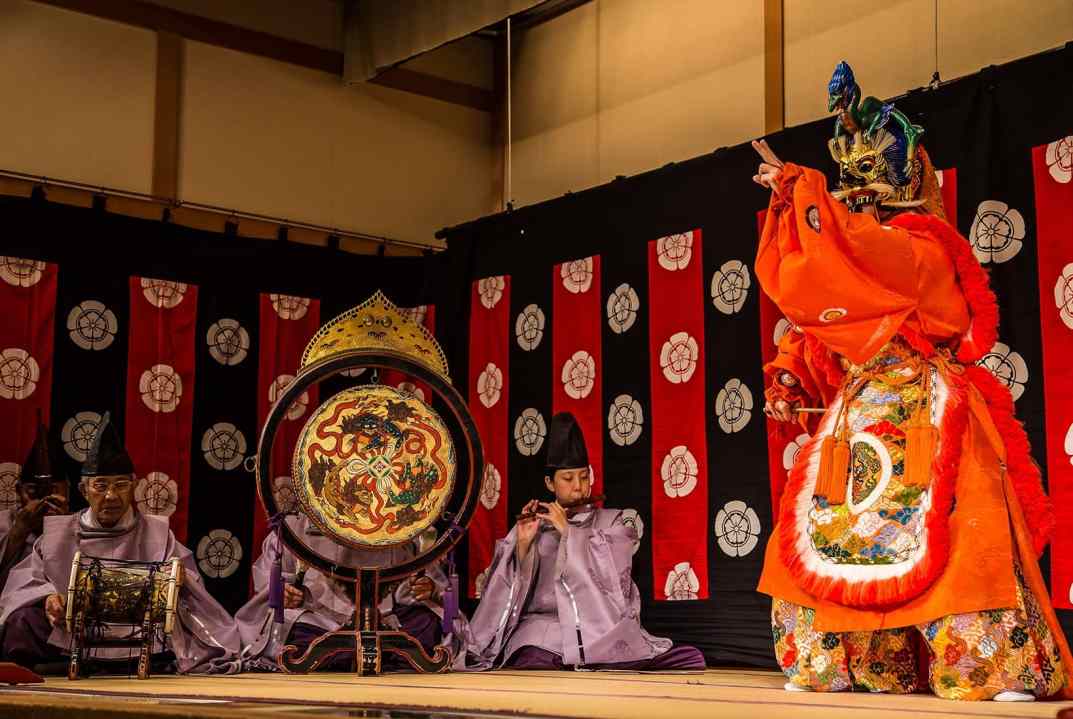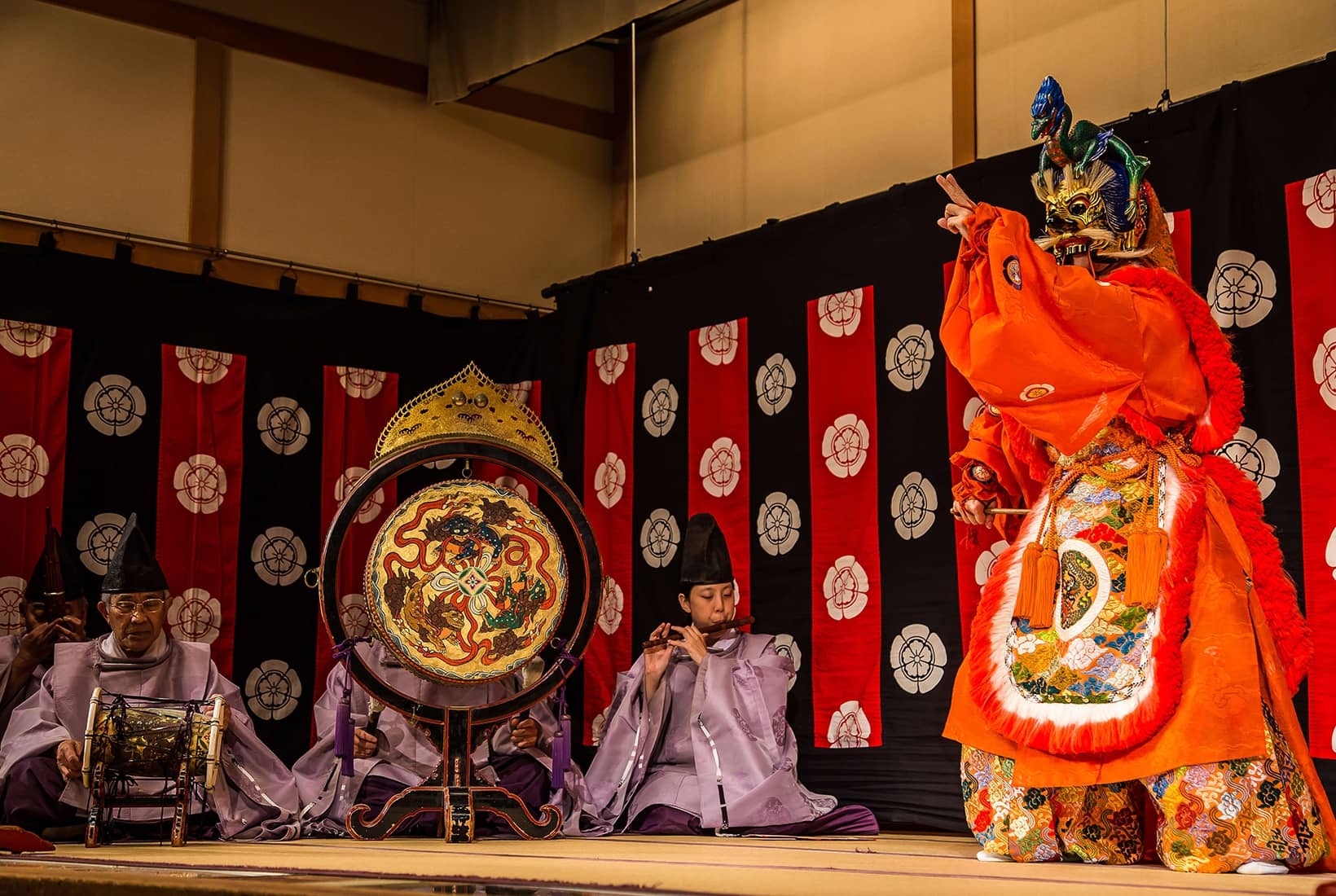The blurb accompanying the Radio 3 series World of Classical, inviting us to ‘join the dots between classical music traditions of the world’, suggests an introduction to the field of comparative musicology. Such a noble venture – searching for commonalities in melodies, ornamentation, rhythms, use of instruments, vocal styles and techniques and so on – would once have been a vital part of Radio 3’s continued adherence to the Reithian ideals of informing and educating as well as entertaining. Jon Silpayamanant’s series however resembles more a series of episodes of Late Junction, married to a moralising and historically unbalanced commentary.
Music is used to illustrate a particular view of world history from around the 8th century until the early 20th. The variety is huge: from Georgia’s keening but static polyphonic rendition of the Lord’s Prayer, through to the austere but highly intricate and inventive counterpoint of Guillaume de Machaut’s La Messe de Nostre Dame, the amorphous, unanchored and intimate sliding pitches of Japanese gagaku, to the combination of Arabic-like singing with rhythmically charged accompaniment from the Ikhwani Safaa Musical Club of Zanzibar. But the observations on many of the musics, and their relationship to each other, consists of a few basic remarks about the common use of polyphony, similar instrumentation or their origins in dance forms.
It resembles Late Junction, married to a moralising and historically unbalanced commentary
The three episodes are ‘Pious Voices and Plucked Strings’, dealing with the Middle Ages, ‘Courtly Dances, Imperial Advances’, considering the impact of patronage and empire, and ‘Nationhood and New Sounds’, on music, nationalism and cultural exchange.
The first episode opens with Hildegard von Bingen’s antiphon ‘O frondens virga’, a crucial work in the modern reinvention of Hildegard as a 12th-century New Age figure, whose music became divorced from its particular philosophical and theological context. Then we’re given a 1996 recording of the Armenian melody ‘Zarmanali e ints’ – with elaborations on modern string and wind instruments – presented as if this was what one would have heard in the 8th century. There is extant musical notation from this time and place, but this did not indicate pitch, a tradition that was not codified until the 19th century. Scholars have made some deductions but knowledge remains highly uncertain to the present day.
In a recording played by the Spanish group Hespèrion XXI of the one surviving song of a trobairitz (a female troubadour), the 12th century ‘A Chantar M’er de So Q’ieu No Voldria’ by Beatritz de Dia, the heavily inflected singing of Montserrat Figueras accords with today’s constructions of ‘expressivity’ but it is speculative to project this style back to the time. Similarly, orally transmitted information about the performance of older global musics may have morphed considerably during changing social and political circumstances.
These issues are unexamined, as are many aspects of Silpayamanant’s wider historical view. He uses Josquin Desprez, William Byrd or J.S. Bach mostly to make a didactic point about European composers essentially following the money, which could be said of almost any professional musician throughout history. At the end of the second episode, Silpayamanant plays Bach’s organ Chorale Prelude ‘Komm, heiliger Geist’, BWV 651. Instead of considering the music, he employs guilt-by-association, alluding to ‘the long interwoven histories of music patronage which went before him’ and earlier how ‘the enrichment of Europe often subsidised classical music via global exploitation’ (there is little evidence of global ventures on the part of Bach’s major patrons), with connections to other cultures and people sometimes ‘hidden in the balance sheets of the patrons’. That the relationship between a patron and their socially inferior musician might in itself be tense and fraught, or that diverse patrons had different agendas, is not considered.
Such liberal application of post-colonial guilt and righteous historical judgment is applied only to western classical traditions. When considering Ottoman classical music, Silpayamanant portrays the empire almost as a forerunner of modern, liberal, multicultural pluralism, not a violent, expansionist empire which enslaved millions from Africa and Eastern Europe. Similarly, while emphasising the number of mosques in early modern Thailand, as a result of Persian influence, Silpayamanant does not mention the 500-year history of slavery beginning in these times. The connections between these phenomena and the music of this period may be tenuous, but that is equally true in the context of the West.
The final programme is more engaging (notwithstanding the paltry coverage of Beethoven and Debussy), with some more information on Balinese gamelan and Arabic traditions.
As an overview of a few short samples of a range of global traditions over a millennium and a half, the programme succeeds, though the view of many non-western traditions is essentially touristic. But a more insightful engagement with the premise is possible in the time available, with selective use of music and context and more incisive critical observations on their possible interactions. Silpayamanant’s programmes may prove better at alleviating western middle-class consciences than encouraging serious engagement with global classical musics.







Comments